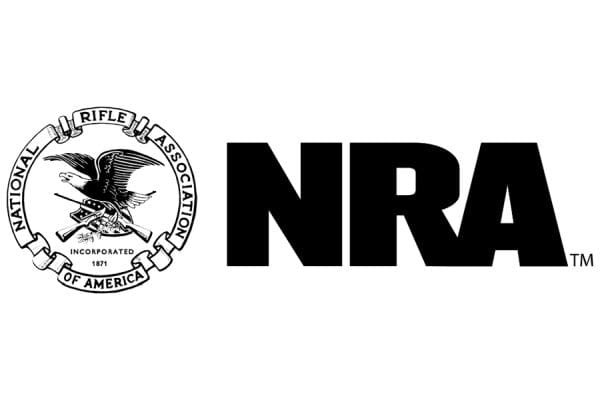Fairfax, VA – The National Rifle Association of America (NRA) has filed a lawsuit challenging the Bureau of Alcohol, Tobacco, Firearms and Explosives’ (ATF) “Engaged in the Business” Final Rule. The ATF’s Final Rule unlawfully redefines when a person is “engaged in the business” of dealing in firearms and therefore required to be federally licensed. This new lawsuit is being filed on the heels of recent U.S. Supreme Court decisions that have reined in executive branch agencies from acting outside of statutory authority.
“The ATF’s Final Rule stands to turn countless upstanding and well-intending citizens into criminals for exercising their constitutional rights,” said Randy Kozuch, Executive Director of the NRA Institute for Legislative Action (NRA-ILA). “When ATF released this Final Rule, NRA promised to use every means necessary to stop this egregious interpretation of the law. Now that the Supreme Court’s recent decisions in Loper Bright, Cargill, and Rahimi make clear that the ATF does not have unfettered authority to arbitrarily restrict NRA Members’ rights to buy and sell firearms, the NRA is fighting back.”
NRA, along with two individuals, Don Butler and David Glidewell, filed the lawsuit challenging the ATF’s Final Rule in the U.S. District Court for the Northern District of Alabama. The complaint alleges that the Final Rule violates the Administrative Procedure Act because it exceeds the ATF’s statutory and jurisdictional authority and is arbitrary and capricious; violates the Fifth Amendment because it is unconstitutionally vague; violates the Second Amendment by infringing the rights to keep, bear, buy, and sell arms; and violates the Separation of Powers, non-delegation doctrine, and Take Care Clause by usurping legislative powers and prohibiting lawful conduct by executive fiat.
Under the Firearms Owners’ Protection Act (FOPA) of 1986 (which amended the Gun Control Act of 1968), someone is “engaged in the business” of dealing in firearms if that person “deal[s] in firearms as a regular course of trade or business with the principal objective of livelihood and profit through the repetitive purchase and resale of firearms.” The 2022 Bipartisan Safer Communities Act (BSCA) altered that definition by replacing “livelihood and profit” with “to predominantly earn a profit.” The BSCA did not alter FOPA’s exclusion for “a person who makes occasional sales, exchanges, or purchases of firearms for the enhancement of a personal collection or for a hobby, or who sells all or part of his personal collection of firearms.”
On April 19, 2024, ATF promulgated the Final Rule “to clarify[ ] the criteria for determining when a person is ‘engaged in the business.’” The Final Rule provides that “there is no minimum threshold number of firearms purchased or sold that triggers the licensing requirement” and that “there is no minimum number of transactions that determines whether a person is ‘engaged in the business’ of dealing in firearms. For example, even a single firearm transaction or offer to engage in a transaction . . . may require a license.” The Final Rule also excludes firearms acquired for “personal protection” from the firearms that may be sold from a personal collection without a license. The ATF’s Final Rule thus rewrites the law, contradicts Congress’ statutory language, and adds confusion rather than clarification.
The case is named Butler v. Garland, and the complaint can be read here.
Incorporated in 1871, the National Rifle Association is America’s longest-standing civil rights organization. Together with our millions of members, we’re proud defenders of history’s patriots and diligent protectors of the Second Amendment.
Follow the NRA on Facebook, Instagram, and X (Formerly Twitter).
Read the full article here




